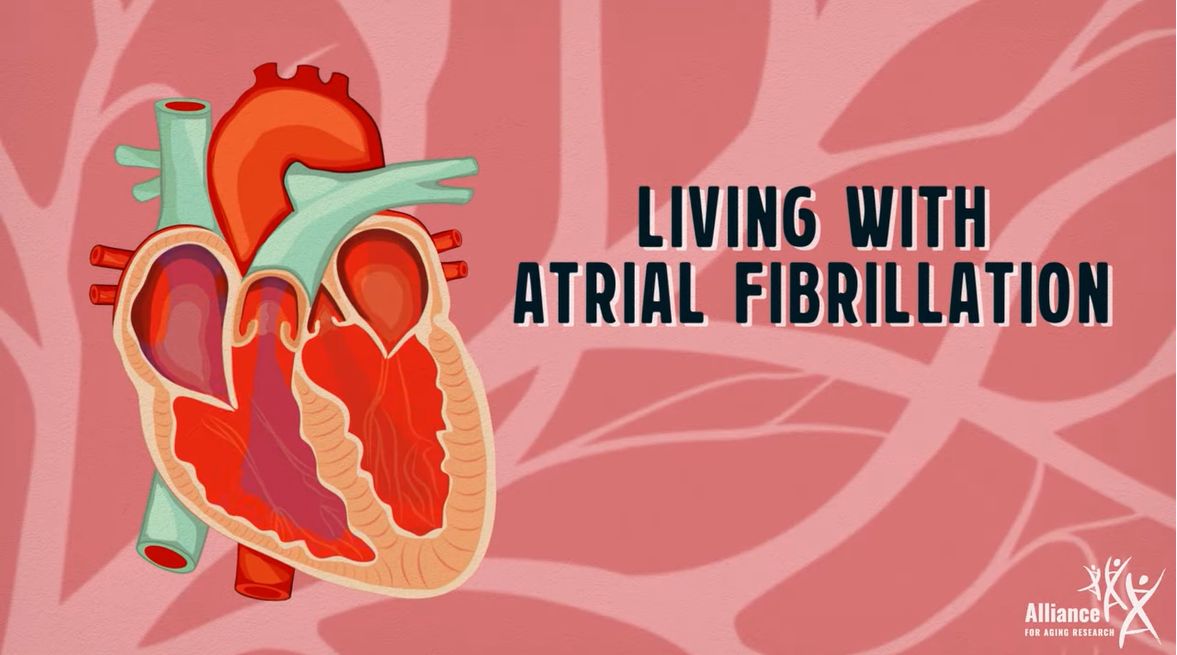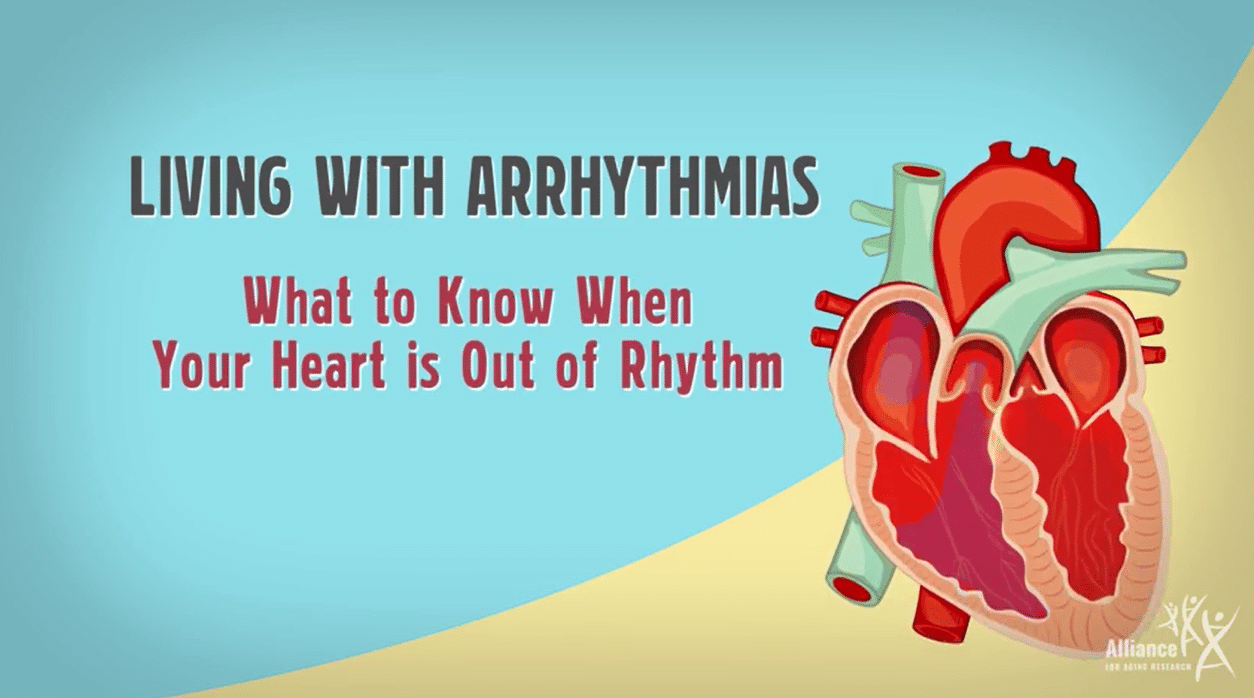Preventing Atrial Fibrillation (AFib) Related Strokes
Atrial fibrillation (AFib) is one of the most common types of arrhythmias—or irregular heartbeats—and causes the heart to…
more.Published December 16, 2014
La fibrilación auricular (AFib) afecta la manera sangre fluye a través del corazón y lo hace vulnerable para la formación de coágulos, que pueden viajar al cerebro y causar un derrame cerebral. El riesgo de derrame cerebral en una persona con AFib es 500% más alto que en alguien sin la enfermedad, el tratamiento para reducir el riesgo de accidente cerebrovascular es esencial. Anticoagulantes, también llamados anticoagulantes, pueden ayudar a reducir el riesgo de accidente cerebrovascular. Tiempo hemorragia fatal en un anticoagulante es rara, y para la mayoría de los pacientes AFib, el beneficio de prevenir AFib causado accidentes cerebrovasculares supera el aumento del riesgo de sangrado.
Para más información sobre vivir con AFib mire Cómo Vivir con Fibrilación Auricular.

Atrial fibrillation (AFib) is one of the most common types of arrhythmias—or irregular heartbeats—and causes the heart to…
more.
Atrial fibrillation (AFib) is one of the most common types of arrhythmias—or irregular heartbeats—and causes the heart to…
more.
Have you or a loved one ever experienced an irregular heart rhythm? If so, you know how frightening it can…
more.This campaign shares the real stories of people who have experienced and seen first-hand how serious strokes can be. These advocates all share the mission of educating patients and their loved ones about stroke risk and prevention, so that they can Celebrate a Year Without a Stroke.